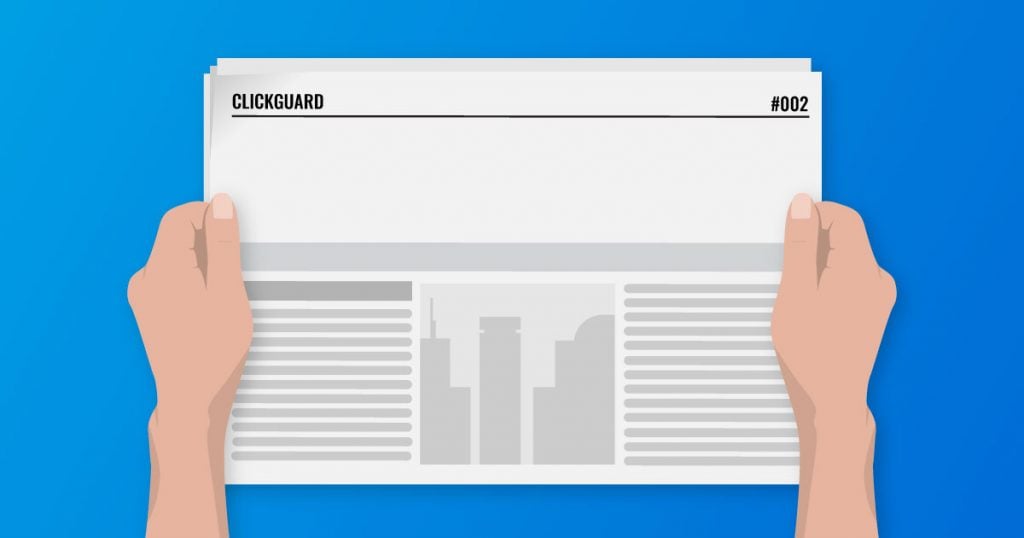As previously reported, Google Ads Broad Match is officially no longer in service. This comes as a blow to small business owners and PPC marketers everywhere, as Google Ads Broad Match is used to match ads with what your customers are searching for based on keywords. Broad match allows for ads that include that keyword and words similar to it, hence the term “broad.”
So, What Is Google Ads Broad Match?
Google Ads Broad Match is a marketing tool that enables your ad when someone searches for a specific keyword, variations of it, and other related topics relating to that keyword. These ads are great because they reach the widest audience. This is also a great way to generate clicks due to the fact that Google Ads Broad Match uses synonyms to advertise too.
Besides Broad Match, Google also offers different match types depending on your ad needs. Modified Broad Match, for instance, allows for more specificity. You can choose which words to use that will require your ad to show.
Phrase Match is similar to Broad Match in that your ad will show for searches that have your target keywords in quotations. Finally, the last type of match type is an exact match. Exact match excludes functional words such as ‘to,’ ‘and,’ ‘but,’ ‘for,’ and other variants, for instance.
Why Is Google Ads Broad Match Going Away — And How to Deal with It?
If Broad Match is such a great tool, especially for business owners, why is Google doing away with it? Google believes that Broad Match and Phrase Match – which is exactly what it says it is – would be more efficient if they were combined into one instead of being separate functions. Google also goes on to state that this change will make it easier to manage keywords and therefore gives you more control.
In order to navigate the new ad function, you should keep an eye on Google’s Recommendations. Make sure to remove duplicate words and add in new keywords to expand your search. It might also be a good idea to revisit your account structure.
The combination of Broad Match and Phrase Match are going to affect the amount of traffic that’s coming in. Be prepared for this, it’s a good idea to take a look at your budget and adjust accordingly. Also, keep in mind that traffic will fluctuate, and you’ll need to modify your budget as needed.
Using negative words is another great way to adapt to Google’s new ad feature. Excluding matches you don’t want is extremely important, especially since traffic on your ad will increase. Evaluating your keywords and adding negatives should be something that you do often in order to keep up with Google’s new ad feature.
If you haven’t already done so, you might also want to get familiar with automated bidding. This can help you when it comes to new opportunities for your account. For example, broad match will take other factors into consideration, such as landing pages and keywords in your ad group, so be sure to keep a lookout for what needs to be changed.



